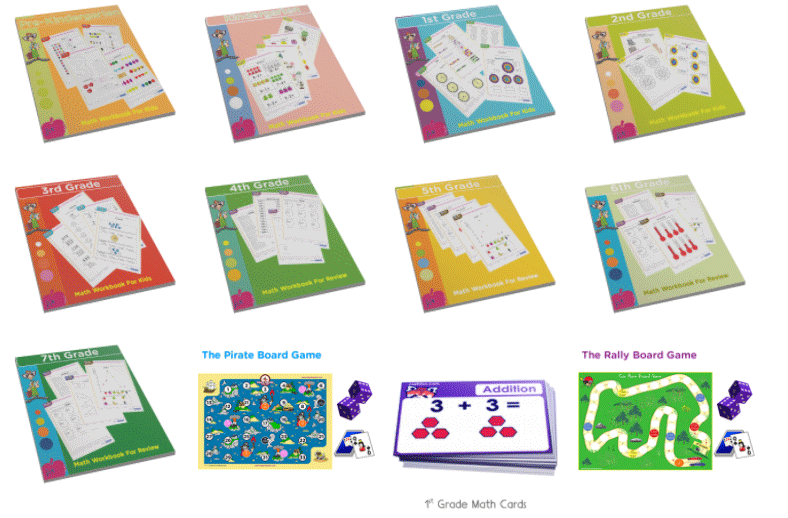Counting up with numbers up to 10 Math quiz exercise
Learn numbers by counting up with math activities
Counting is an important math skill that helps children understand the concept of quantity and how numbers can be used to represent that quantity. It is also an essential building block for more advanced math concepts, such as addition and subtraction. Here is a brief guide to help kids learn how to count up to 10:
- Start with the basics: Introduce kids to the numbers 1 through 10 and have them repeat them back to you. It can be helpful to use objects or fingers to help kids understand the concept of counting. For example, you can place 10 blocks in front of a child and have them count each block as they point to it.
- Practice counting aloud: Once kids can identify the numbers 1 through 10, have them practice counting aloud from 1 to 10. Encourage them to say each number clearly and in order.
- Use counting games and activities: There are many fun games and activities that can help kids practice counting. For example, you can play “I Spy” and have kids count the number of objects they see, or you can have them count the number of steps they take as they walk.
- Introduce counting in different contexts: Counting doesn’t have to be limited to just counting objects. You can also have kids practice counting in different contexts, such as counting the number of people in a room or counting the number of seconds they can hold their breath.
- Encourage kids to count everyday objects: Encourage kids to count everyday objects around them, such as the number of forks on the table or the number of cars they see on their way to school. This can help make counting feel more natural and relevant to their daily lives.
- Make counting a fun and positive experience: Above all, it’s important to make counting a fun and positive experience for kids. If they feel frustrated or bored, they may lose interest in learning. So be patient and supportive, and be sure to praise their efforts and progress.
In conclusion, counting is an essential math skill that helps kids understand quantity and sets the foundation for more advanced math concepts. By introducing kids to the numbers 1 through 10, practicing counting aloud, and using fun games and activities, you can help kids learn how to count up to 10 and beyond.



